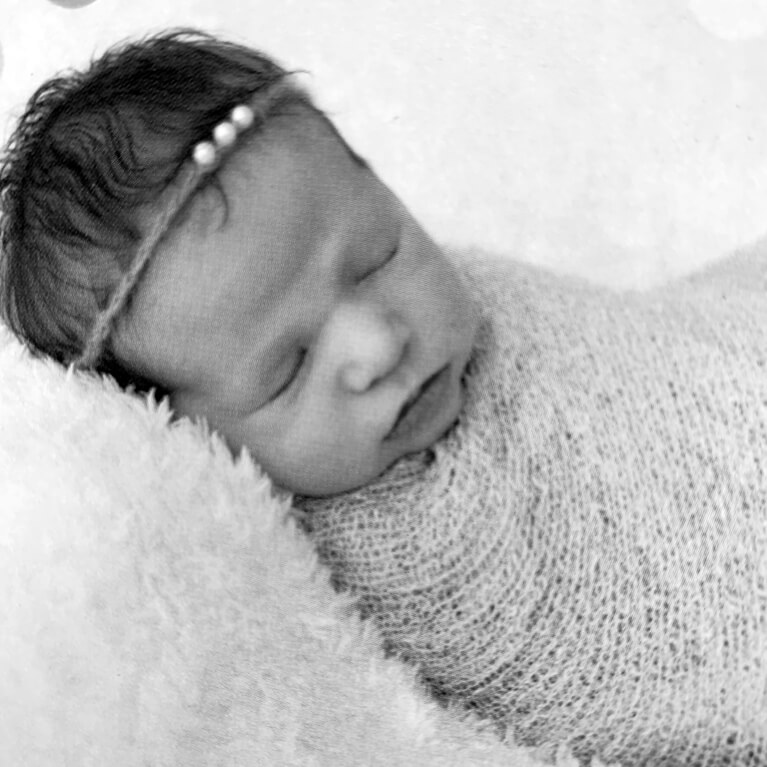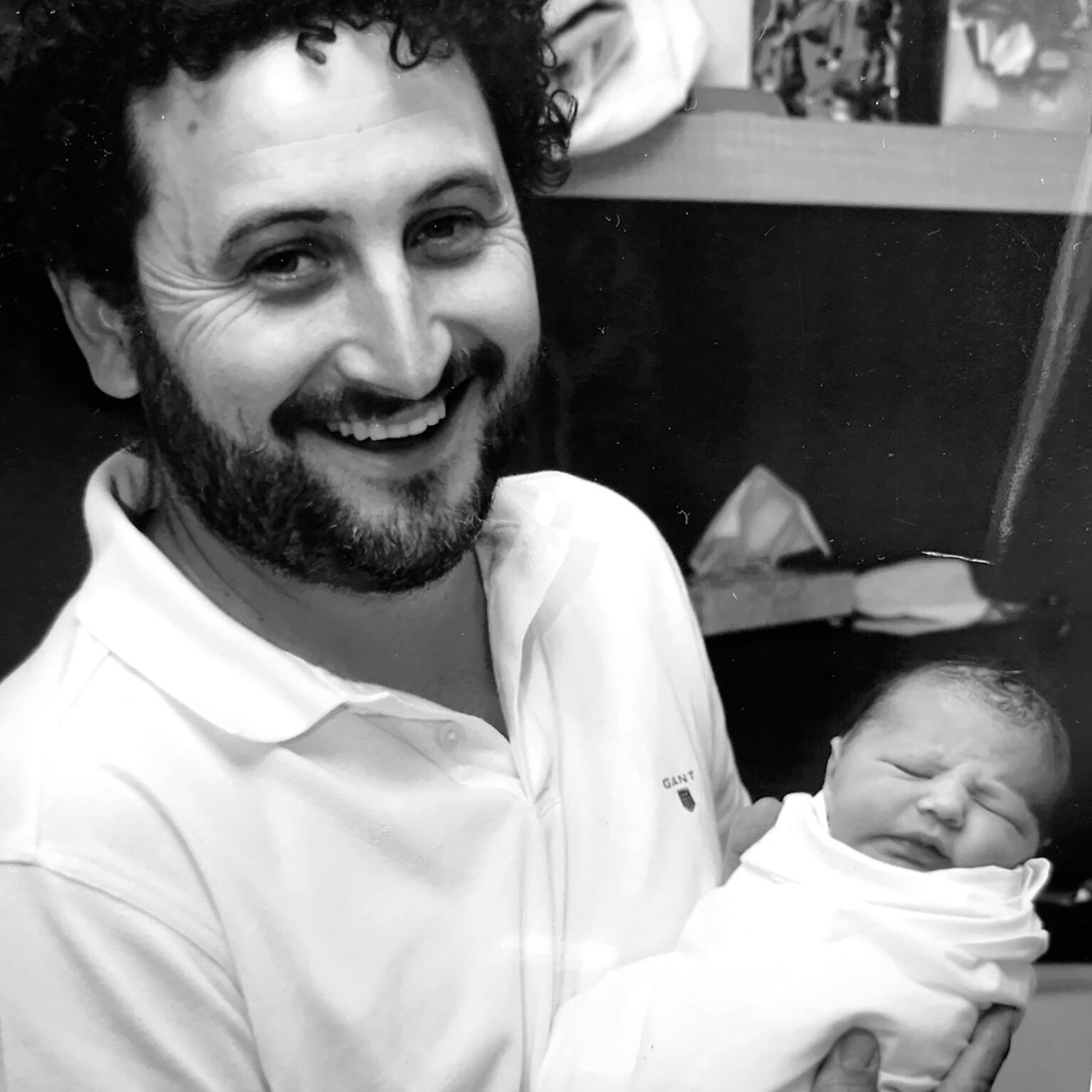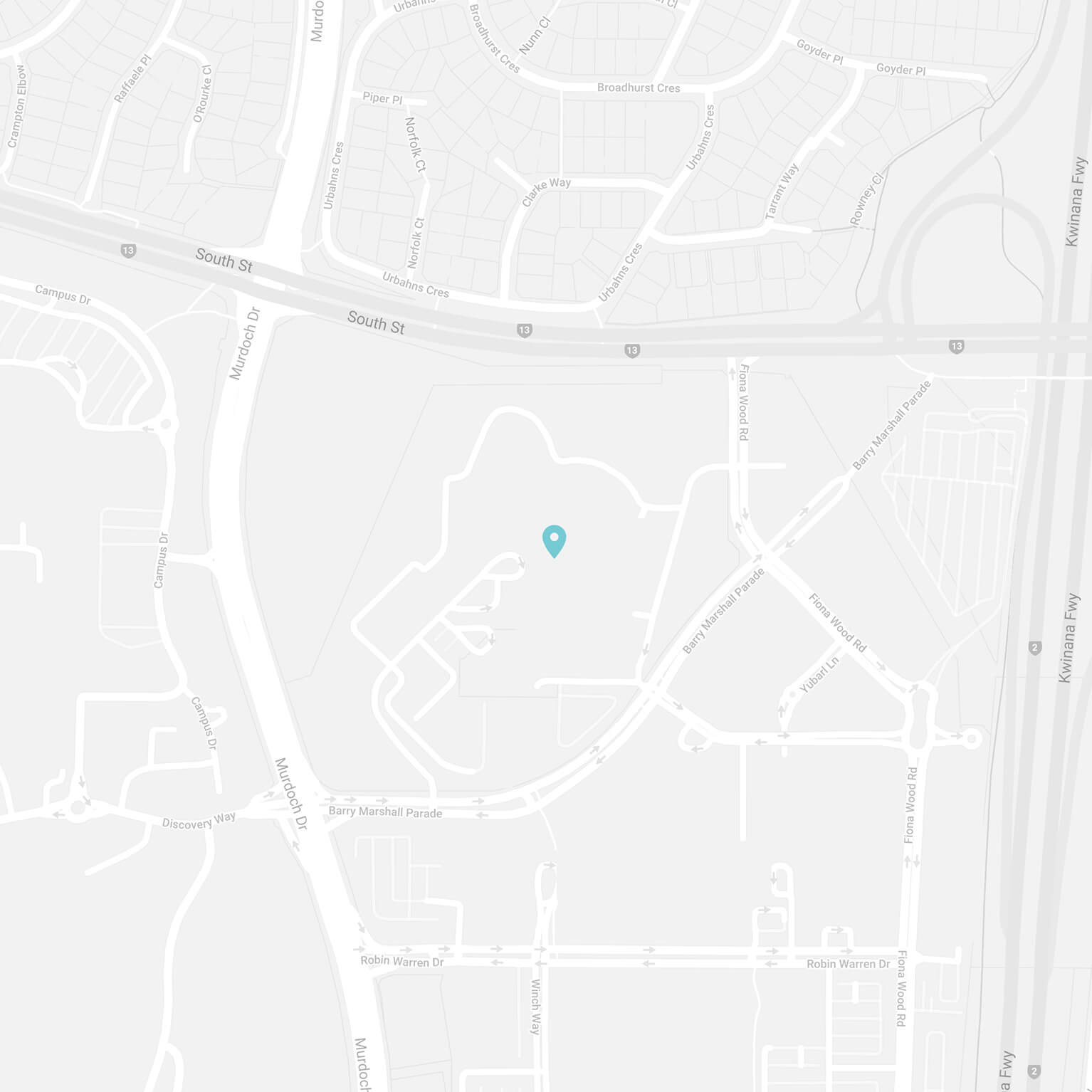Pregnancy care Murdoch
Murdoch Maternity
Pregnancy Care Murdoch | Perth Obstetrician Dr David Mincham
Your pregnancy & delivery at murdoch
All of my patients deliver their baby at St John of God Murdoch Hospital. Having experienced almost all of the maternity hospitals in Western Australia, I chose to deliver babies at St John of God Murdoch Hospital, and I strongly feel that it is a great choice for expecting mothers.
St John of God Murdoch Hospital has the best of both worlds. Its maternity ward is small enough that the staff all know each other and work together exceptionally well. The midwifery staff are well trained and well lead. They support you as a mum, always with a calm smile, and they also support me to fulfil my role. Doctors of different specialties are on hand if cross-specialty consults are required. The cleaners, caterers and clerks all do their best to make your stay and my day brighter.
Pregnancy Care Murdoch | Perth Obstetrician Dr David Mincham
Your first appointment with your obstetrician
Generally, my team will tell you that your first visit to me as your obstetrician, is best scheduled close to week 10 of your pregnancy. If an earlier appointment is requested, we can organise your first appointment even sooner.
So what happens around your first appointment? We perform an ultrasound scan, to ensure that your pregnancy is progressing well. We also check for twins, we rule out ectopic pregnancy, and we confirm your dates. For the scan, we usually ask you to have a half-full bladder, and we make it as comfortable as possible for you. We also order or review your blood tests at this stage.
In the early stages of your pregnancy, you can look into counselling regarding options for genetic testing. There are lots of tests available, and you may feel confused about what they mean and if they are suitable for you. To help you understand the options, we go over your family history, as well as your medical and obstetric history.
As your obstetrician, I consider it my role to listen really well to what is going on in your life, as you embark on this journey. We talk about your concerns, and we discuss your expectations for your pregnancy and for the birth.
Pregnancy Care Murdoch | Perth Obstetrician Dr David Mincham
follow-up appointments
Follow-up appointments are scheduled monthly for the majority of the pregnancy, switching to fortnightly in the third trimester and then to weekly in your final four weeks. Depending on your personal circumstances, we may decide together that you need a different frequency.
So what to expect when you see your obstetrician? At these appointments, I assess baby’s growth, and we keep track of your general health. Blood pressure and urine testing may seem old fashioned but they remain incredibly important today because they help us monitor your baby’s health and your own health. I coordinate the tests and we discuss flu and whooping cough vaccinations.
Routine tests at this time include
- A formal referred anatomy scan at 20 weeks
- A blood test at 28 weeks for iron, anaemia and diabetes screening
- A vaginal swab undertaken at 34 weeks to detect the presence of Group B Strep.

Pregnancy Care Murdoch | Perth Obstetrician Dr David Mincham
Antenatal care with Dr David Mincham in Perth
I place a great emphasis on getting to know you and your partner and understanding your hopes or worries about pregnancy or birth itself. We chat about the options and work out a plan that helps you have the best experience possible.
Being emotionally prepared for the challenges of birth and parenthood will make the journey less daunting, more enjoyable and more rewarding.
An obstetrician is so much more than someone who catches babies. Providing appropriate emotional support at difficult times is often a bigger part of my role. This is why I believe that ‘getting to know each other’ is an underappreciated aspect of antenatal care.
For my team and I, it’s about that continuous care, and about providing an environment that is trusting and supportive.
Where possible your partner or another support person is most welcome to these visits.
Pregnancy Care Murdoch | Perth Obstetrician Dr David Mincham
Is this a high risk pregnancy?
As a future mum, one of your concerns may be to find out if there are any risks linked to your pregnancy. Someone may have suggested that you have a ‘high-risk pregnancy’.
My role is to give you clarity based on the tests that we do. It is also to assess any risks of complications and to plan firm action steps when needed. But another part of my role is to manage the information overwhelm that you may experience.
When you are pregnant, friends, family members, social media posts and broadcast media all seem to inundate you with contradictory information. Quite often I see future mums who become really anxious when they hear about - or read up on - the potential risks and the factors that can affect their pregnancy.
So if you have any doubts about your pregnancy being a high-risk pregnancy, the first thing we will do is create clarity about what is real and what is just fear, activated by all the information that is out there. And then we make a plan to manage your pregnancy so you know you get the best possible antenatal care.
Pregnancy Care Murdoch | Perth Obstetrician Dr David Mincham
Your delivery at St John of God Murdoch hospital
Birth requires preparation and it helps to have a solid plan.
Preparing your delivery and the birth of your baby at St John of God Murdoch Hospital starts with a discussion. We discuss what you want, and what is best for your baby. My role during your antenatal visits is to give you the information and the tools that you need, to create a suitable plan for yourself and for your partner.
If at any time, you think that you may be in labour, or you experienced your waters breaking, then you would attend the St Mary’s Labour Ward (at St John of God Murdoch Hospital Perth). Usually, the midwife would assess you, and contact me as your obstetrician with the details of what is happening.
If your labour is proceeding normally you are welcome to mobilise and make use of the fitball, the bath or the shower as necessary.
Labour is different for every mum, in duration, intensity and pain level. Some mothers will cope better with pain than others, and this may also change over the duration of your labour.
There are many ways to help you manage the pain. Pain relief during labour can be achieved with natural methods, and with medical methods such as laughing gas and epidurals.
During labour, it is often necessary to monitor your baby’s heart rate. It may be intermittent or continuous, and it is usually done wirelessly so it does not affect your mobility.
In case your labour is proceeding slowly with intact membranes (no waters breaking), it may be beneficial to break the membranes or to use an intravenous drip. We will always discuss the steps and any changes to the plan. You deserve to be well informed of the progress, and of the reasoning behind any suggested changes in your birth plan.
Labour usually starts between 37 and 41 weeks. Sometimes a situation arises where the baby is in no hurry. In that case, we may have a discussion about the risks of prolonged pregnancy, so we can make decisions together.
Pregnancy Care Murdoch | Perth Obstetrician Dr David Mincham
Postnatal care
Once you have given birth to your baby, as your obstetrician I may be focusing on the placenta, or on administering stitches. But when it has all run smoothly, I often try to be the first person to take a photo of you, your partner and your baby. In these situations, I often tell parents to make sure they take photos of that brand new face, as it changes from minute to minute, and it will never look the same again.
I am often surprised how often a new mum cuddles her brand new baby and then says to me “See you in a few weeks”. Nothing could be further from the truth. I continue to visit the new family daily while they are admitted to the postnatal ward.
I will arrange for a paediatrician to check your baby on day one and upon discharge from the hospital. They will also be available should there be any problems such as neonatal jaundice, feeding or breathing issues.
Breastfeeding can provide a whole new set of difficulties for both first time and for experienced mothers. While some may just take to it, others will need more support to successfully feed. The midwives at St John of God Murdoch Hospital are very encouraging and the lactation consultants will help you do all you can to succeed. Just as importantly, we realise very well that not everyone is able to or wishes to breastfeed and I am pleased to say this is never met with any prejudice.
A routine postnatal appointment is scheduled after six weeks but at any time prior to this I am happy to hear from you if you are troubled by complications such as mastitis, troublesome stitches, or postnatal anxiety or depression. At the postnatal visit, I usually check your pelvic floor recovery, perform a cervical screening test and ensure you have a satisfactory contraceptive plan. It is also possible that we undertake a Pap Smear (now called a CST). And yes, I may ask to take a photo of you and your baby, as a keepsake for my photo gallery.
Obstetrician Murdoch Hospital
Get in Touch
Suite 60, 100 Murdoch Dr,
Murdoch WA 6150
Phone: +61 8 9312 7126
Fax: +61 8 9310 8145





